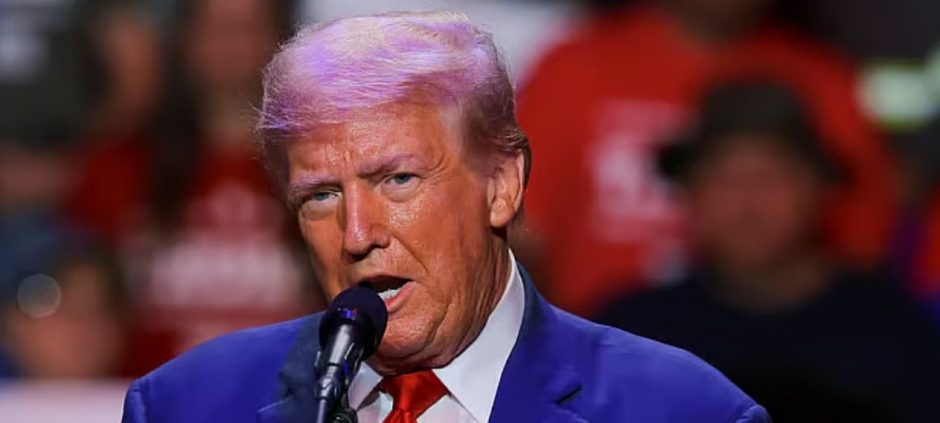WASHINGTON – A new round of higher US tariffs officially took effect on Thursday, impacting goods from dozens of global economies. The move, signed into law by President Donald Trump last week, is part of his broader strategy to overhaul international trade rules.
Tariffs on various imports have increased from 10% to between 15% and 41%. Countries like the European Union, Japan, and South Korea are facing 15% duties despite ongoing agreements with Washington. Meanwhile, India now faces 25% tariffs, which are set to double in three weeks. Some nations, including Syria, Myanmar, and Laos, are subject to the highest rate, 40% or 41%.
President Trump celebrated the tariff hike with a post on Truth Social:
“IT’S MIDNIGHT!!! BILLIONS OF DOLLARS IN TARIFFS ARE NOW FLOWING INTO THE UNITED STATES OF AMERICA!”
These new reciprocal tariffs are aimed at penalizing what the U.S. sees as unfair trade practices. However, they do not affect sector-specific imports like steel, cars, pharmaceuticals, or semiconductors. Trump also announced plans for a 100% tariff on chips, but Taiwan’s chipmaker TSMC is exempt due to its U.S.-based factories.
Economists and business leaders warn that the new duties could hurt small American businesses, increase prices, and fuel inflation. Georgetown University’s Marc Busch noted that initial stockpiling by businesses may delay the impact, but those reserves are running out. As consumer spending rises with the back-to-school season, prices may begin to climb.
There is also uncertainty for countries that have negotiated deals with the U.S. Japan, the EU, and South Korea still await clarity on lower auto tariffs, while the EU seeks relief for its wine industry.
India was specifically targeted this week with a future 50% duty, linked to its continued import of Russian oil. Additional warnings have been issued for other countries tied to Moscow’s energy trade.
Brazil also faced sharp tariff hikes following political developments involving former President Bolsonaro. While items like orange juice and aircraft were spared, coffee, beef, and sugar were not.
Many of these measures may face court challenges, possibly ending up in the U.S. Supreme Court.
For more on this and related developments, read the detailed report on Deadly South Waziristan Blast Hits Police Van in Wana.











